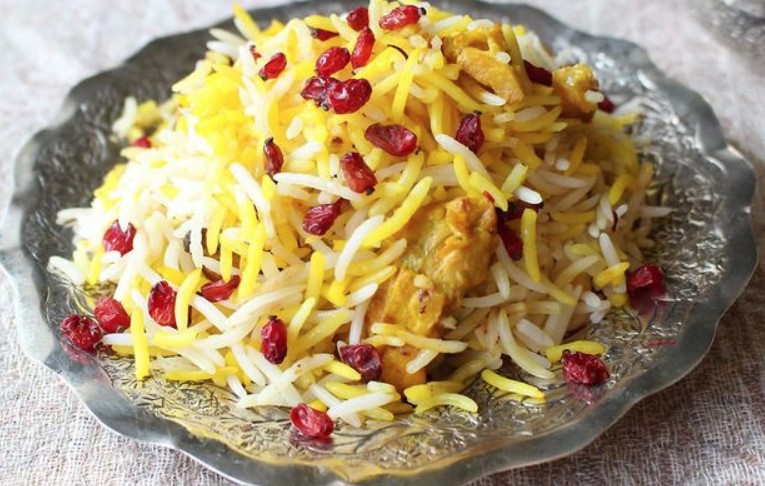Introduction
Palau is a small island nation located in the western Pacific Ocean. Its cuisine is a mix of traditional flavors and influences from neighboring countries such as Japan, the Philippines, and Indonesia. Palauan cuisine has gained popularity in recent years for its unique blend of flavors and use of fresh, locally sourced ingredients.
Overview of Palauan cuisine
Palauan cuisine is known for its seafood dishes, including fish, shellfish, and seaweed. The use of coconut milk, taro root, and cassava are also common in many dishes. Palauan cuisine is also characterized by its use of unique spices and herbs, such as turmeric, ginger, and pandan leaves.
Popular regional specialties
One of the most popular regional specialties in Palauan cuisine is the famous “emang” dish. Emang is a type of fish soup that is made with taro leaves and coconut milk. Another popular dish is “ukirik,” which is a stew made with chicken or pork, tomatoes, and onions.
Traditional recipes and ingredients
Palauan cuisine uses many traditional recipes and ingredients that have been passed down through generations. One such ingredient is “taro,” a starchy root vegetable that is used in many dishes. Another traditional recipe is “bai” or “taro leaf bundles,” which are made by wrapping taro leaves around a filling of fish or pork.
Must-try dishes for visitors
For visitors to Palau, there are a few dishes that are a must-try. One such dish is “bat soup,” which is made with fruit bat meat, ginger, and coconut milk. Another dish to try is “ultramix,” which is a salad made with taro leaves, coconut milk, and a variety of vegetables.
Recommendations from locals and experts
Locals and experts alike recommend trying the “palu sami,” which is a fish dish that is cooked in a banana leaf. Another dish to try is “sakau,” which is a traditional drink made from the root of the kava plant. Locals also recommend trying the “tama,” which is a dish made with taro leaves and coconut milk.
In conclusion, Palauan cuisine is a unique and flavorful blend of traditional ingredients and regional influences. Visitors to Palau should be sure to try some of the local specialties, which are sure to leave a lasting impression.

